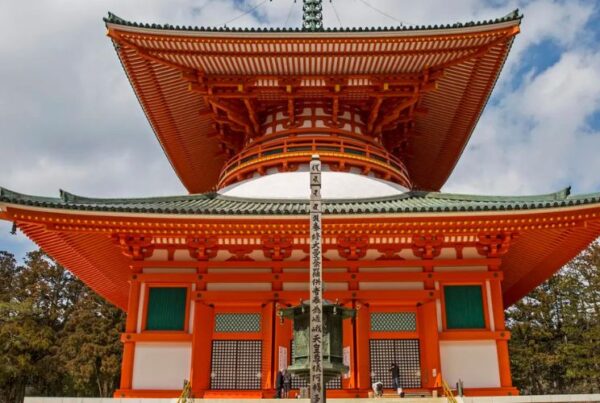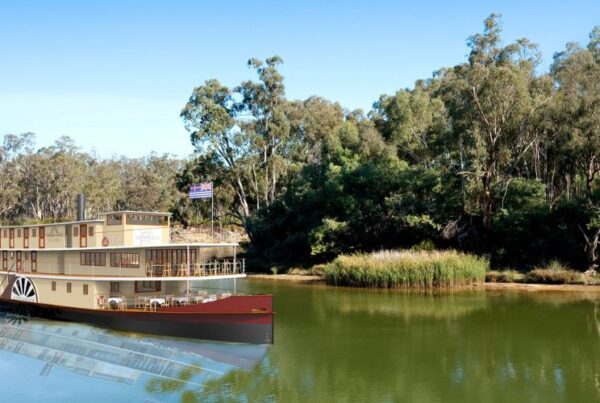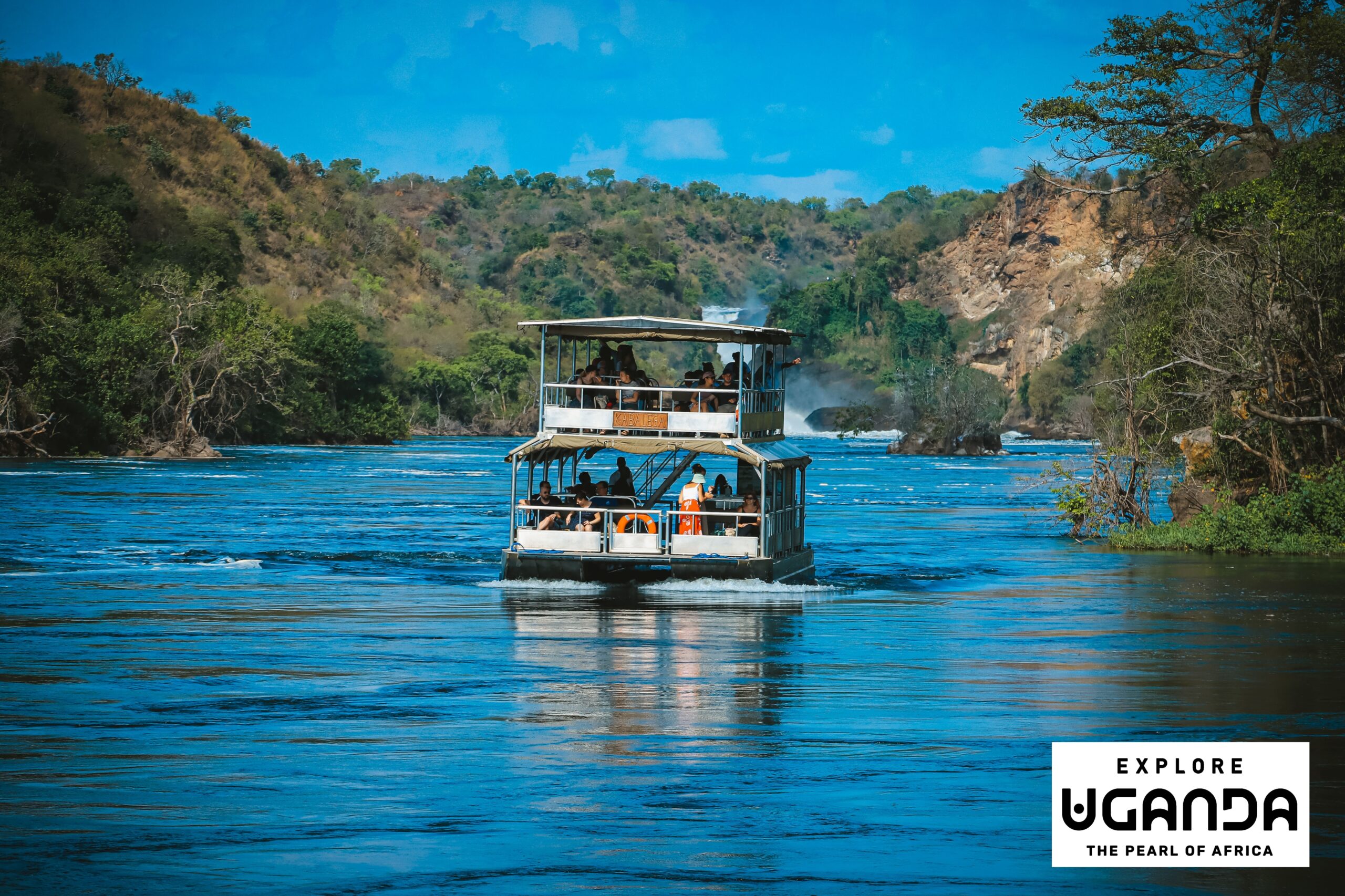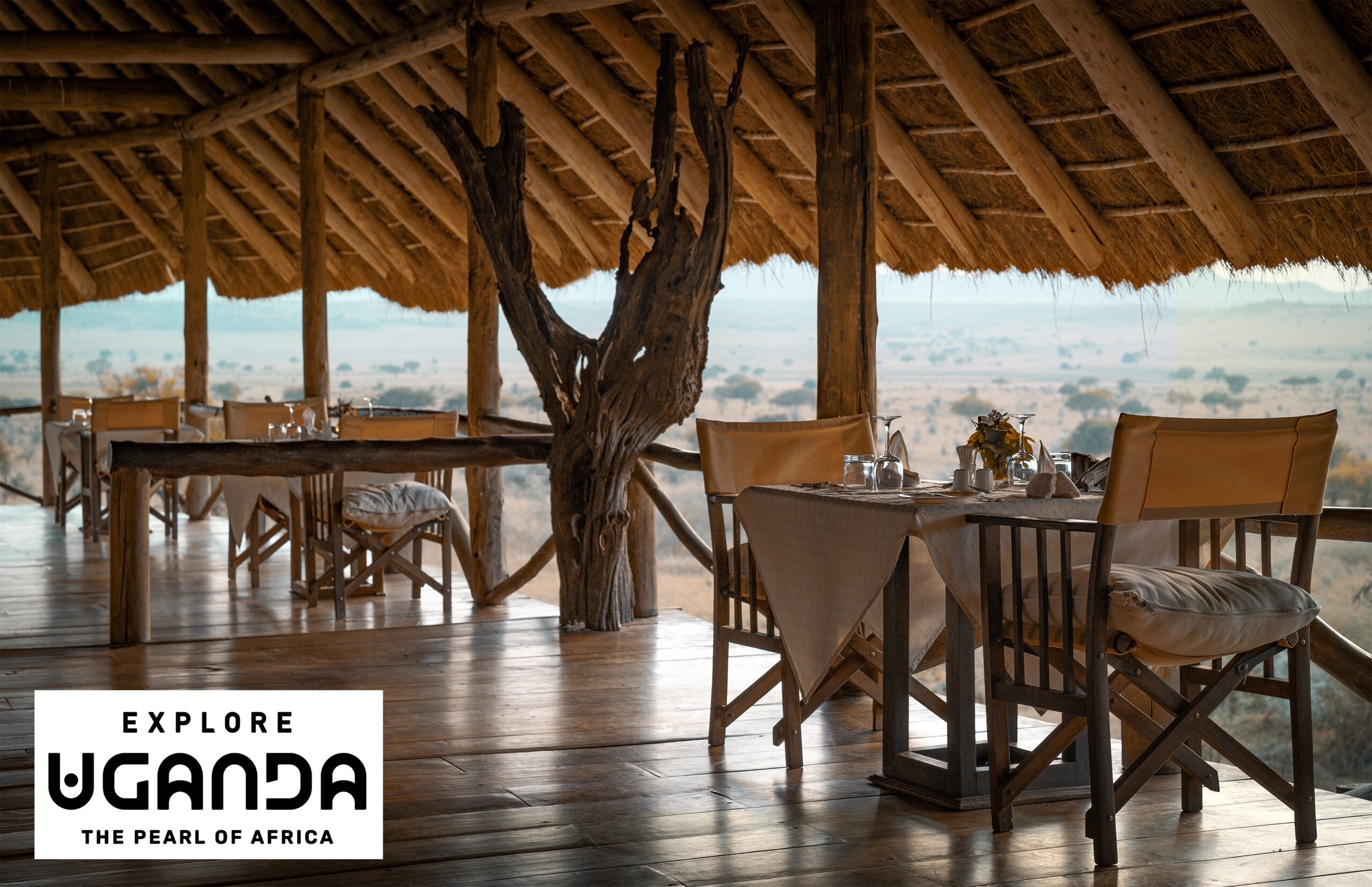Personalised nutrition retreats represent a significant shift in how wellness travellers care for their health.
These programs combine science-based tools to tailor meals and routines to your unique biology.
They combine science, local food systems and tailored support to create lasting results.
As more travellers seek individualised experiences, demand for these retreats will continue growing.
The Rise & Emerging Trends of Wellness Tourism
Wellness tourism has expanded beyond spa treatments into holistic programs that target physical and emotional well-being.
Personalised nutrition retreats use biometric data to create food plans that match your metabolism, allergies or digestive profile.
Many rely on gut microbiome testing, glucose tracking or genetic analysis to fine-tune recommendations.
This emerging field combines clinical insights with accessible retreat experiences.
Rather than general meal plans, guests receive customized guidance designed to meet personal health goals.
You may also feel drawn by values that drive this shift, like connecting with nature, simplifying your lifestyle and improving mental health.
The market reflects this shift. Between 2022 and 2032, researchers predict the wellness retreat industry growing from $180.5 billion to $363.9 billion, driven by demand for tailored support.
This shift is also a consequence of post-pandemic health awareness and an increasing focus on well-being.
 The Role of Personalised Nutrition in Wellness Retreats
The Role of Personalised Nutrition in Wellness Retreats
Nutrition personalisation involves adjusting food intake based on how your body responds to specific ingredients.
By aligning recommendations with your biology and preferences, this approach increases the chances of long-term adherence.
Clinical teams work with wellness coaches to interpret data from DNA, food sensitivity tests or metabolic markers.
For example – in nutrigenomics – scientists examine your DNA to understand how you could react to different foods, depending on genetic differences associated with food reactions.
These tests can uncover tendencies, such as how fast you break down carbs or your chances of being lactose intolerant.
The report you receive might include recommendations on which foods to eat or avoid, along with advice for shedding pounds or keeping your weight stable.
Additionally, it provides insights into your requirements for certain vitamins and nutrients.
Key Trends Driving the Shift in Wellness Travel
Younger travellers expect precision in their health experiences. Travelers between 25 and 45 often seek active programs like nutrition coaching or fitness.
Millennials and Gen Z focus on digital detox, mental balance and alternative health methods. They use tracking apps and wearable devices but value natural products and emotional connection.
They are also concerned about weight management and are actively looking for solutions to this global issue.
Lastly, daily health activities – like 150 minutes of moderate exercise each week – are trending as people recognise that health is essential.
The focus has shifted from occasional wellness to everyday habits, supported by science and sustainability.
 What to Expect of a Typical Retreat Experience
What to Expect of a Typical Retreat Experience
These retreats often begin with at-home testing or detailed lifestyle questionnaires.
On arrival, guests follow curated schedules that combine meals, physical activity and sleep routines based on individual goals.
Educational workshops explain why certain foods are chosen and how they support specific outcomes.
Most retreats integrate mindfulness tools, including breathing exercises, nature immersion or journaling.
Follow-up care is common, with ongoing coaching or digital access to nutrition professionals.
These programs aim to make healthy changes practical and sustainable beyond the retreat setting.
How to Choose the Right Retreat for You
When evaluating retreats, assess how each program defines wellness. Some emphasise detox or fitness, while others focus on mental health or gut repair.
Look for programs with licensed nutritionists, clinical advisors or evidence-based methods.
Ask if the retreat offers DNA or microbiome testing and what kind of support you can expect afterward.
Look for programs with clear methods, transparent sourcing and a team that knows their stuff in nutrition science. Your experience should feel personalised without being too clinical or overwhelming.
Suggested Destinations for Wellness Trips
More and more countries in Europe are embracing a holistic approach to wellness and focusing on fitness and nutrition, even while on holiday.
This shift reflects a growing interest in maintaining healthy habits year-round. You can base your choices on the time of the year and focus on each country:
# Spain, Greece and Croatia: Wellness resorts by the sun and sea are busiest in summer.
# Austria and Germany: Alpine spas attract visitors from December to March.
# UK: Offers a range of weekend wellness retreats and boot camps.
# Nordic countries like Norway and Finland: Focus on holistic wellness and sauna traditions.
These destinations reflect regional wellness values and evolving traveller preferences.
Wellness travel will continue evolving toward hyper-personalisation, blending medical insights with restorative experiences.
The demand for retreats that combine mental health, nutrition and fitness in tailored formats will likely grow.
The Future of Nutrition Retreats
Personalised nutrition retreats represent a significant shift in how wellness travellers care for their health.
This model also empowers long-term change. Instead of short-term detoxes, travellers leave with practical tools, personalised strategies and evidence-backed habits.
This approach makes wellness more actionable and travel more purposeful.









